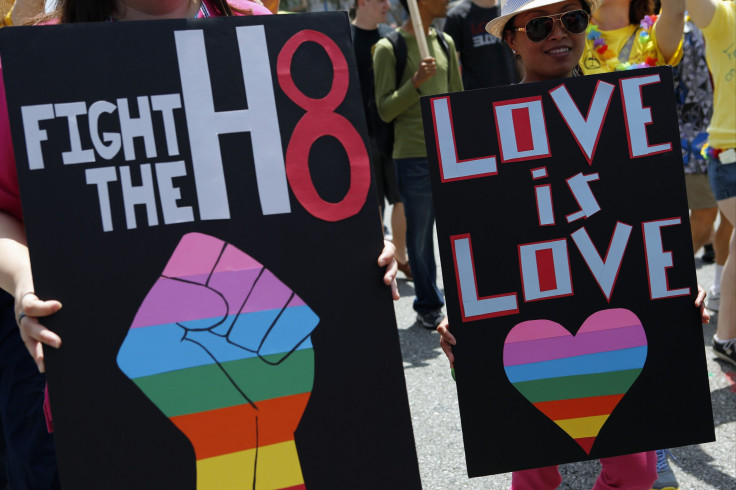Improving Transgender Mental Health: Trans Kids Who Receive Support Avoid Depression, Suicide

The fight for transgender equality dates all the way back to the Stonewall Inn Riots back in 1969, yet the transgender community continues to suffer from significantly higher rates of depression and anxiety. A recent study conducted by researchers from the University of Washington has found that transgender children who receive support from their family members have levels of anxiety and depression that are similar to cisgender (non-transgender) children.
"The thinking has always been that kids who are not acting gender-stereotypically are basically destined to have mental health problems," said Kristina Olson, a UW assistant professor of psychology, in a statement. "In our study, that's not the case. They (the results of the study) suggest that mental health problems are not inevitable in this group, and that family support might buffer these children from the onset of mental health problems so commonly observed in transgender people.”
Olson and her colleagues conducted their research as part of the TransYouth Project – a longitudinal study of transgender children in the United States. More than 150 transgender children and their families from 25 states are currently involved. Parents completed two short surveys that asked whether their children had experienced symptoms of depression or anxiety in the past week.
Results showed that a group of 73 transgender children between the ages of 3 and 12 had similar depression and anxiety levels as their siblings and a control group of cisgender children around the same age. On average, transgender children’s levels of depression received a score of 50.1 which is almost exactly the same as the national average at 50. Anxiety levels were only slightly more elevated at 54.2, which did not surprise Olson because transgender children can be hard to understand at a young age.
"It is hard to be transgender in 2016 in the United States," Olson added. "If peers know that a child is transgender, they often tease that child. If peers do not know, the transgender child has to worry about being found out. It's not surprising that transgender children would have some more anxiety, given the state of the world for transgender children right now."
When the research team compared their data to other studies on transgender children and mental health, they found that transgender kids from their group had significantly lower levels of depression and anxiety. Olson hopes to examine the effect that treatment by peers may have on the mental health of transgender children in the next phase of the TransYouth Project.
"It will be important to follow these children over time, particularly during the transition to adolescence, to understand patterns of mental health and positive adjustment across development for transgender youth who are supported by their families," said Katie McLaughlin, a UW assistant professor of psychology. "I think they're proof that you can be a young transgender kid today and be happy and healthy and doing just as well as any other kid. It's some good news, finally, which I don't think there's much of in what we hear about transgender kids."
Olson led a similar study aimed at finding out just how strongly transgender people identify themselves as trans. Data from the TransYouth Project showed that transgender people are not “confused” or going through a “phase.” Gender identity among 32 transgender children between the ages of 5 and 12 was just as strong as cisgender children.
Source: Pediatrics. 2016.
Published by Medicaldaily.com



























